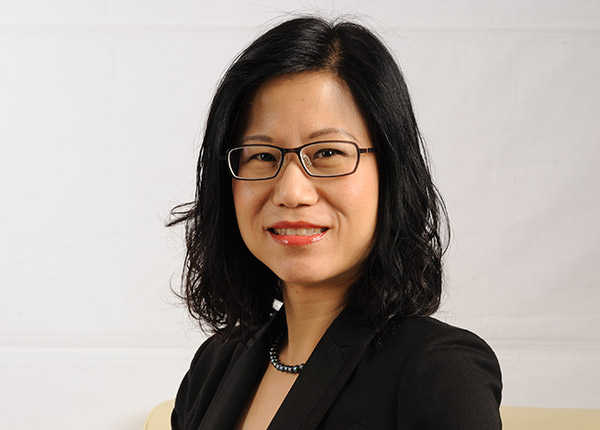
Esther Lai
KUCHING: The proposed Sarawak State Budget deficit for 2017 has been deemed necessary by ratings agency RAM Ratings Services Bhd (RAM) to ensure sustainable growth within Sarawak.
This view comes following the recent tabling of the proposed 2017 State Budget, as it was revealed that a budget deficit of RM385 million is anticipated, resulting in the first budget deficit after 14 consecutive years of budget surpluses.
Chief Minister Datuk Patinggi Tan Sri Adenan Satem explained during the state legislative assembly that the deficit was mostly due to a declining trend in state revenue caused by the falling of oil and gas prices, which reflected a 4.1 per cent contraction in expected revenue for 2017.
At the same time, expenditure is on a rising trend with the proposed RM5.71 billion 2017 State budget featuring a 6 per cent increase over its predecessor.
In defence to this increase in government spending, Adenan explained that due to an expected weak global economy next year, “It is imperative that the state continue to have anb expansionary fiscal policy to cushion the economic recessionary pressure, and to ensure a continual development momentum to support the state’s much-needed economic and rural development.”
In an exclusive with The Borneo Post, RAM’s head of sovereign ratings Esther Lai drew parallels with this sentiment, citing that the six per cent increase in the proposed 2017 State Budget was a pragmatic move by the State Government as “an expansionary fiscal stance is necessary to ensure sustainable growth.”
“Moreover, the state’s finances are robust, with ample reserves of more than RM27 billion that fat exceeds the budgeted RM385 deficit,” continued Lai.
Breaking down the spending orientation of 2017’s State Budget, Adenan had maintained that the State Budget will continue being development biased and rural focused with 73 per cent being devoted to development, and 27 per cent on rural development.
Views for this move has largely been positive given the infrastructure needs of the State and expectations of a reduction in the urban-rural development gap. Most notably, the allocation for rural development has been increasing steadily, by 36 per cent over a short 3-year span.
Beside infrastructure, the budget is also expected to place more focus on investment in downstream activities for both the resource and non-resource industries.
As such, Lai anticipates that public investment will expand at a lively pace of 7.7 per cent in 2017 as compared to 4.2 per cent in 2016. Private investment growth, however, is expected to remain steady at 7.1 per cent as compared to 7.3 per cent in 2016.
“At these levels, the expansion of both public and private investment in Sarawak exceeds the national averages,” noted Lai. “Overall, Budget 2017 is a sensible budget that focuses on investing for the long term while keeping Sarawak’s fiscal position manageable. The massive reserves allow room to counter external headwinds and remain the hallmark of Sarawak’s prudent budgetary management,” concluded Lai on the subject matter.
On a related note, given Sarawak’s status as one of the top 5 states in terms of approved projects, Lai encourages companies in Sarawak to explore the bond market, which is more suitable for long-term projects and larger funding needs.
The state has previously tapped the bond market through AAA-rated programmes under the endorsement of Aquasar capital Sdn Bhd (Aquasar), mainly to fund Kuching Centralised Sewerage System; and SI Capital Sdn Bhd, to part-finance the construction and maintenance of government office complexes and residential quarters in the State.
RAM Ratings has maintained the stable outlook on the AAA(s) rating if Sarawak’s RM1.5 billion Sukuk Murbahah issue via Aquasar.
The State’s power sector in particular has fuelled many transactions and now accounts for about 85 per cent of the bonds and Sukuk issues from Sarawak.
Previous successes are showcased by bond and Sukuk issues by Sarawak Energy Bhd, Sarawak Power Generation Sdn Bhd, Mukah Power Generation Sdn Bhd, Syarikat SESCO Bhd, and Samalaju Industrial Port Sdn Bhd.
As of August 2016, Sarawak Hidro Sdn Bhd raised a RM5.5 billion Sukuk to partially refinance its debts related to Bakun Dam, year to date, this is the largest rated corporate Sukuk issuance in the Malaysian debt capital market.
